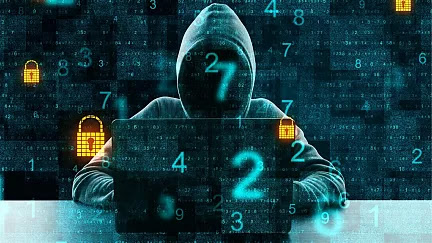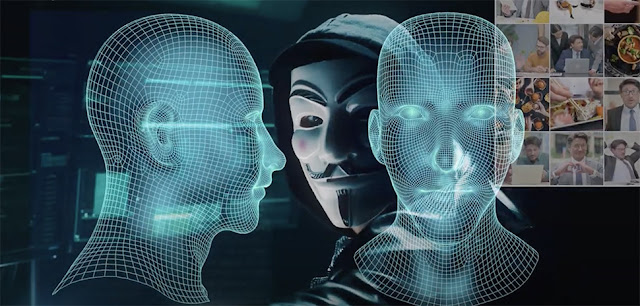The Risks of Using Open Source Code in Enterprise Applications

Open-source software has become the backbone of modern enterprise application development. From libraries to entire frameworks, developers leverage open-source code to accelerate time-to-market, reduce costs, and enhance innovation. However, this convenience comes with a trade-off— security risks that, if left unaddressed, can expose businesses to devastating cyber threats. If you're an IT professional or developer looking to secure your enterprise systems, enrolling in a Cyber Security Classes in India can equip you with the practical skills to assess, mitigate, and defend against such risks—especially when integrating open-source components. In this blog, we will explore the major risks associated with using open-source code in enterprise applications, supported by real-world examples and best practices to help mitigate them. 1. The Growing Dependence on Open Source More than 90% of modern applications contain open-source components. Frameworks like React, Angular, Sprin...





